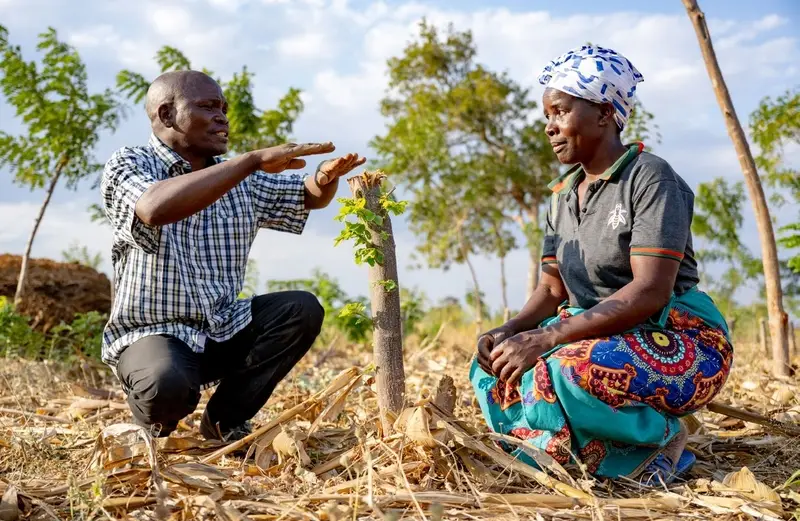Africa can become a global leader in green growth, attracting billions in foreign investment and driving the continent’s economic transformation.
News highlights:
Africa’s bioeconomy can ignite economic transformation and help to combat the rising challenge of climate change, delivering new jobs, food security, improved nutrition, and environmental resilience for Africans across the continent, argues a new report out today.
The 2024 Annual Trends and Outlook Report (ATOR), titled “Advancing the Climate and Bioeconomy Agenda in Africa for Resilient and Sustainable Agrifood Systems,” urges African leaders, policymakers, and global partners to unite in leveraging Africa’s vast renewable biological resources to drive innovation, upscaling investments in new technologies, and upskilling to drive a bioeconomy transition while adapting to climate change.
“Africa is at a crossroads. The continent is highly vulnerable to climate change – at the same time, its rich biodiversity offers tangible opportunities to address multiple challenges simultaneously,” said Dr. Ousmane Badiane, Executive Chairperson, AKADEMIYA2063. “Investment in science and technology, skills development, and partnership with the private sector to leverage Africa’s vast untapped potential will not only provide solutions for climate adaptation but also open up new industries and value chains that can drive job creation and economic diversification across the continent, especially for rural youth and other marginalized groups.”
Launched by the Regional Strategic Analysis and Knowledge Support System (ReSAKSS) at the three-day 2024 ReSAKSS Annual Conference in Rabat, Morocco, the report examines the linkages between the two pressing agendas of climate change and the bioeconomy towards building resilient agrifood systems.
Despite producing just four percent of global greenhouse emissions, Africa is disproportionately affected by climate change. Thirty million across Southern Africa face the effects of severe drought as a result of recent El Niño weather patterns, agitated by rising sea temperatures.
The report explores the challenges that the climate crisis poses for Africa’s agrifood systems and the opportunities offered by a transition to a bioeconomy to mitigate and adapt to the adverse impacts of climate change. Some critical issues highlighted in the research include:
At this critical moment when the continent is designing its agricultural transformation action agenda for the next decade, this research will be crucial in helping policymakers understand how countries can best achieve the commitments under the CAADP through an in-depth analysis of factors that contributed to the limited progress observed over the four concluded CAADP Biennial Review cycles.
“Africa’s political leaders, the private sector, and other key stakeholders need to unite to sustain and amplify the momentum for the continent’s resilience and green growth agendas,” said H.E. Ambassador Josefa L. C. Sacko, Commissioner, Department of Agriculture, Rural Development, Blue Economy and Sustainable Environment, African Union Commission (AUC).
“The 2024 ReSAKSS ATOR, the official monitoring and evaluation report for the CAADP, recognizes the high-priority status of climate change on Africa’s development agenda. The research should be leveraged as a policy tool for decision-makers to promote dialogue on pathways toward a more comprehensive Post-Malabo CAADP Agenda that integrates the priorities for a successful food systems transformation toward an agriculture-led, broad-based economic transformation across Africa”.



